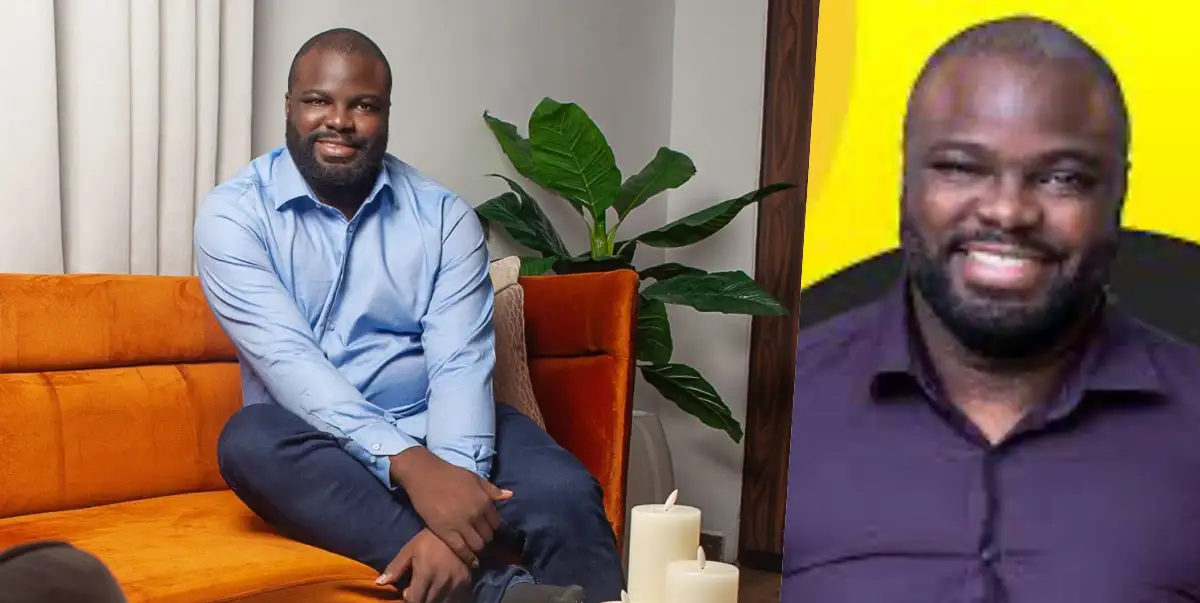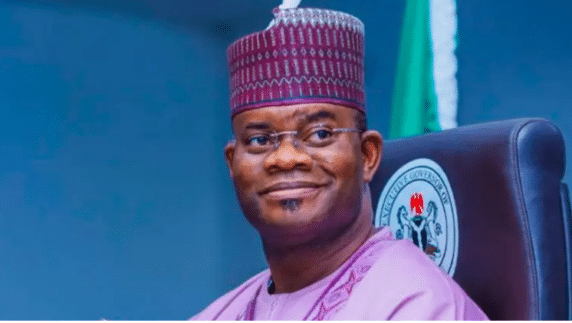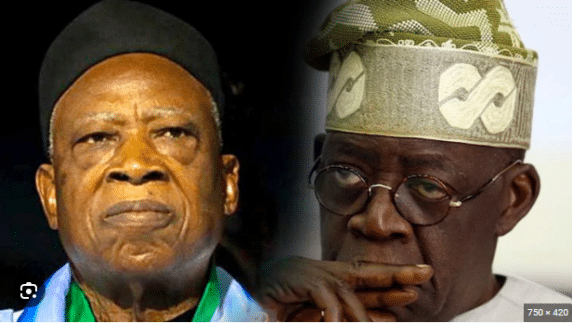Meet Iyinoluwa Aboyeji, who co-founded businesses worth more than $1 billion.

Nigeria’s Iyinoluwa Aboyeji probably won’t have the privately invested money of Elon Musk or Imprint Zuckerberg, yet his degree of progress as an African business visionary bears correlation with any Silicon Valley tech titan.
While still in his 20s, the Nigerian helped to establish two “unicorns”, an industry term for organizations that accomplish a valuation of more than $1 billion. By most counts, Africa has created just seven unicorns contrasted and in excess of 700 in the US.
Aboyeji, who wants to build a city devoted to technology and possesses many of the characteristics of a global tech boss (he is frequently referred to simply as “E”), advises African entrepreneurs to have big goals.
However, they cannot simply duplicate Musk or Zuckerberg’s strategies. He spoke to AFP over the phone from an investor conference in the United States, declaring, “We admire these guys, they are inspirations.”
But we don’t look to them for direction because their reality is completely different from ours. You must navigate on your own.”
Aboyeji, now 32, has left his positions at both of his unicorns, fintech firm Flutterwave and training platform Andela, which has Zuckerberg as an investor. He now spends most of his time funding startups.
“Presently I’m the mentor, I assume a lower priority,” he said with a snicker. ” I did well when I was in the spotlight.
One of the largest startup funds on the continent, his Future Africa firm, is getting ready to start a new round of investing. However, it comes at a time when venture capitalists have increased their spending and technology companies around the world have reduced their workforces.
African tech startups have been severely hampered by the global recession.
According to specialized publication The Big Deal, they received less than half of the $2 billion in funding they received in the first quarter of last year. The melancholy figures don’t diminish Aboyeji’s certainty. He stated, “It seems like the recession really unlocked people’s ability to build all of a sudden.”
More than a dozen projects, many of which are fintech startups aiming to improve access to loans and banking services, have received funding from Future Africa, his company.
Future Africa assists them in launching their concepts and obtaining additional funding. However, Aboyeji actually has an eye for a great plan – he is helming an undertaking to construct a city dedicated to tech ability.
He said, “Think Delaware, but for Lagos,” referring to the small state in the United States that has low taxes and is home to many international businesses.
The task, called Itana, means to house huge number of tech laborers and give firms tax cuts and different motivators — with a reasonable spending plan of $500 million. Peter Thiel, a libertarian ideologue from Silicon Valley, is one of the backers.
Like comparative endeavors to make such “contract urban communities”, pundits have said Itana will be an expense sanctuary or a quit from state control. That has been repeatedly refuted by Aboyeji and his partners, who maintain that Itana is situated within an established free trade zone and will adhere to Nigerian law.
Aboyeji, the pastor’s son, frequently refers to his religious beliefs and describes himself as a “faith-driven investor.” I invest in businesses with redeeming qualities. He stated, “They save lives and make people’s lives better. They change communities in the same way that my faith does.”
Aboyeji, who studied at a Canadian university and calls the United States “the capital of capital,” has a gift for telling stories that can be taught and has given TED talks on and off for years.
He said the understanding that drove him to send off his financial planning vocation came 10 years prior when he saw huge number of youthful Nigerians accumulated in a football arena attempting to get consent to emigrate and land positions.
He stated, “You are dealing with people who are desperate for opportunity, not bums.”
In a nation where more than half the population is under the age of 18, he agonised over how investors could contribute to income growth.
“It can’t accompany agribusiness, and it can’t produce. It’s the internet, he said, adding that there are no boundaries to the possibilities.
For instance, African business visionaries can genuinely ponder space travel, he said, particularly on the off chance that their thoughts can assist correspondences in the manner that Musk’s StarLink smaller than normal satellites with having.
He said, “Never say never.” However, we will not conduct space tourism or exploration. We are not yet there, in my opinion. I’ll pass on that for my children to mull over.”
Source : PUNCHNG





